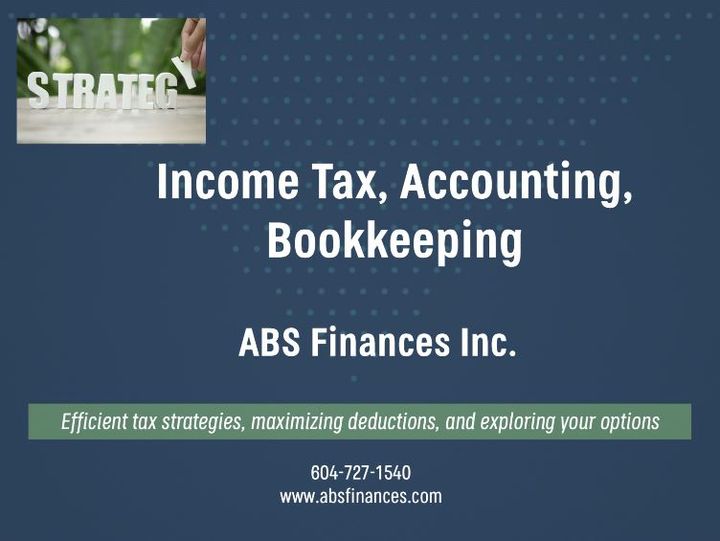Poker professional players: tax implications of income - two case studies

The Tax Court of Canada has ruled recently in two separate cases that playing poker on a full-time basis and utilizing skill and risk-reduction strategies qualifies as a source of income for taxpayers.
In one case (Bérubé), the taxpayer deposited all his savings with an online poker site and began playing poker on a full-time basis, mostly online, but also in-person occasionally. The poker game was his only source of income, and he participated in around 20 poker tournaments in various countries.
A CRA reassessed the taxpayer's income to include poker winnings for several years. Despite the taxpayer's arguments that poker was not a source of income, the Tax Court of Canada found that his poker activities were indeed a source of income, as it was his main source of income during those years, and he utilized various risk-management techniques.
The court dismissed his appeal, similar to the reasoning in the D'Auteuil case.
In the other case (D'Auteuil) the tax authority assessed the taxpayer for unreported net earnings from participating in online poker games, specifically "Texas Hold'em without limit," during the several taxation years. The taxpayer earned significant amounts and the court dismissed the taxpayer's appeal and determined that the taxpayer's gambling activities were a source of income.
In support of this decision, the judge noted that the taxpayer relied on these activities as his primary source of income during the years in question, and dedicated himself to them on a full-time basis.
The judge also acknowledged the taxpayer's serious approach to his gambling business, citing his use of risk-management techniques as evidence of his entrepreneurial mindset, despite his unconventional lifestyle and preference for high-stakes games.
The appellant devoted most of his time to playing poker and had a tendency to mock his opponents, yet was still considered a serious businessman. He used objective risk management and minimization techniques, such as playing multiple tables simultaneously, to increase his potential winnings in the shortest time possible. Given the significant amount of money the appellant won over a lengthy period, it was reasonable to believe that he could sustain himself financially through playing poker.
The court found that the appellant had a reasonable expectation of being able to make a living at playing poker due to his level of winnings over a long period of time.
It is worth mentioning that a section 3 of the Income Tax Act follows the "source theory" of income, which dictates that only income obtained from productive sources is taxable.
Please refer to the definition of "business" for ITA in the below article:

Disclaimer:
“Please note that the information provided in this article is of a general nature and may not be accurate for your specific situation. The information is current as of the date of posting and is not intended to provide legal advice. It's always recommended that you consult with a professional accountant and lawyer for personalized guidance and advice."



